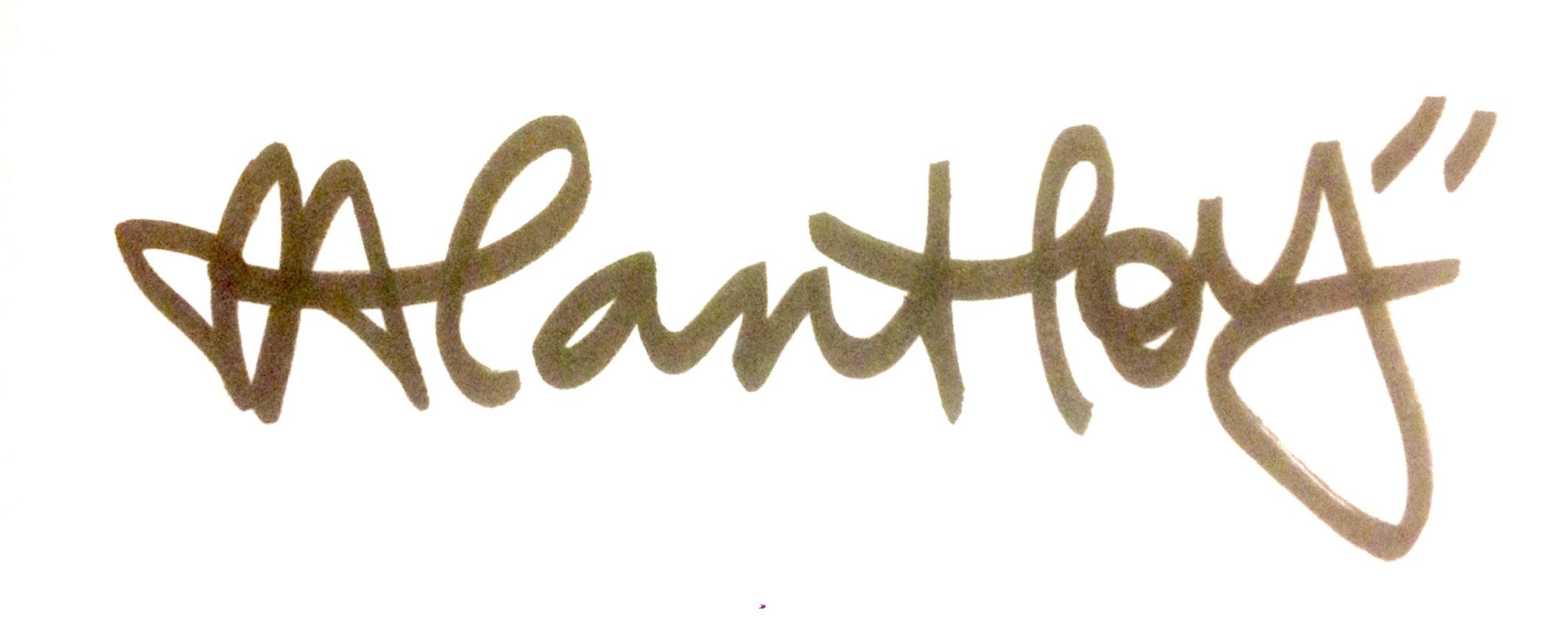A Message from IDA’s Director on Racial Violence and Social Justice
Dear IDA family
I wanted to write to you more personally today, not just as director of the Institute for Diversity in the Arts, but also as a Black woman, a mother, an artist, and as someone deeply committed to justice for the long haul. This quarter has been a rough one for our community. We have experienced displacement, disarray, and disproportionate outcomes due to COVID-19, we have held space for two student deaths and transitions in our community, we have fought for racial justice and sensitivity in the classroom, we have found space in our hearts to grieve the loss of black life on a global scale. We have done this, all while maintaining our commitment to education, to our community, and to ourselves.
I am writing to you now, on Tuesday June 2nd, a bit late because I too have been holding the weight of all these things in my spirit. I have been trying to make sense of this in my body, with my children, while also continuing to fight on behalf of all of you in whatever room of influence I might find myself in.
At IDA, we know that fighting for justice on this campus and in this world can feel isolating and lonely. It can feel like exerting so much labor with few generative outcomes. It can feel like Stanford often replicates the very violences we experience out in the world as BIPOC. It can feel like generations of advocacy without much advancement. We hear you on this. We see you.
When I first returned to Stanford to be part of the IDA team, it was the fall after students shut down the San Mateo Bridge in response to police brutality toward black people on the birthday of MLK. The university was more silent then than it is now, but the issues remain the same. I remember that first quarter, how tender we all were. How much healing we needed and wanted to give to each other. I remember how the Harmony House was filled with black and brown femmes, queers, crips, activists all trying to turn a house into a home. I remember that time as being full of impossible possibility. I am heartbroken that we find ourselves here again: figuring out what to do with all the pieces. Figuring out how to make something better from all of this mess.
I want this letter to be a love poem more than anything. I want to express my deep love for all of you. My deep commitment to all of you. I want to express that we are in this together. That you are not alone, and we will continue to use our institutional leverage to make your fights our fights, to make your dreams and visions ours. I love Black people so much. I love Indigenous people so much. I love queers. I love bodies of all possibilities. I love people of color. I love white people. I love all of you.
We often think about diversity as this limited thing, those black and brown kids over there, doing whatever they do. But diversity is all of us, is the widest container we have for holding the generosity and greatness of all that we are. Diversity must however, come with equity. We must widen the scope of our arms while also dismantling the systems that pushed us to be closed-off in the first place. Diversity must be in partnership with decolonization, it must be in partnership with practices of equity for true and lasting change. We need white people to jump in the trenches with us. We need you to get messy and disruptive and put your lives and careers on the line for change as we do. White supremacy will not stop until it kills us all, and it is, the climate crisis is present with us. We need each other to survive.
I often wonder if white folks know how easy it is to make change? I lecture all over the place about diversity in the arts and justice more broadly, and the number one thing I get asked by white folks is, “what can I do to help create change”. I believe the thing to do is redistribute power and resources to communities of color. The power you hold, the resources you carry are stolen goods. They are not yours though you believe them to be. Let go of the ways your institutions hoard resources. Let go of the biases that tell you that black and brown people are not worthy of your job titles, or your boardrooms, or your development efforts. Stop being so fearful that power shift means that we will treat you the way you have treated us. Come to the table and bring worthy offerings. Your care and concern does little for us, when you refuse to redress the ways our organizations and our communities are strategically divested from. Invest. Get in there. Make things right.
I love Stanford from many different vantage points, which is why I invest so much of my creative energy here. I believe that Stanford can truly lead this innovation within the realm of our campus, because the students of color here, the faculty and staff of color here, is oh so divine. Ya’ll are powerful and magical and critical and strategic and I learn from you each and every day. I am indebted to you. I am enlivened by you. IDA will keep fighting alongside you.
We are here even after the lights have been turned off. We are committed to your thrivance.
In struggle and in love,

A-lan Holt
Director, Institute for Diversity in the Arts
